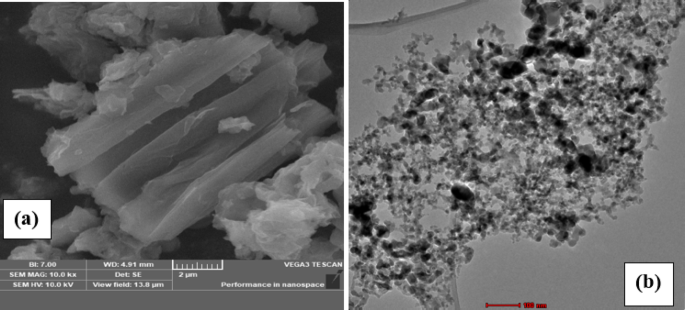Enhancing Cooling Efficiency for PEMFCs with Hybrid Nanofluids
Key Ideas
- PEMFCs offer high energy conversion efficiency and zero-emission but face challenges with excessive heat production affecting durability.
- Liquid cooling systems, particularly using hybrid nanofluids, are being researched for improved thermal management in PEMFCs.
- Studies show that hybrid nanofluids, especially those incorporating rGO, enhance thermal conductivity and offer promising solutions for efficient cooling.
- Research emphasizes the importance of exploring smart nanofluids for scalable and efficient cooling solutions in PEMFCs.
PEMFCs, vital for clean energy tech, face issues with excess heat production affecting durability. Cooling systems are crucial to maintain safe temperatures, with liquid cooling more effective than air cooling. Hybrid nanofluids, combining nanoparticles in base fluids like water or EG, show promise for improved thermal characteristics. Studies investigate optimal base fluid ratios for enhanced thermal conductivity, with research highlighting the benefits of incorporating rGO in hybrid nanofluids. Promising results show that rGO enhances thermal conductivity, improving heat transfer efficiency in PEMFCs. Researchers emphasize the need for further exploration of smart nanofluids for scalable and efficient cooling solutions in PEMFCs to enhance performance and durability.
Topics
Power
Clean Energy
Innovation
Energy Efficiency
Research
Nanoparticles
Electrochemical Devices
Cooling Systems
Thermal Conductivity
Latest News
